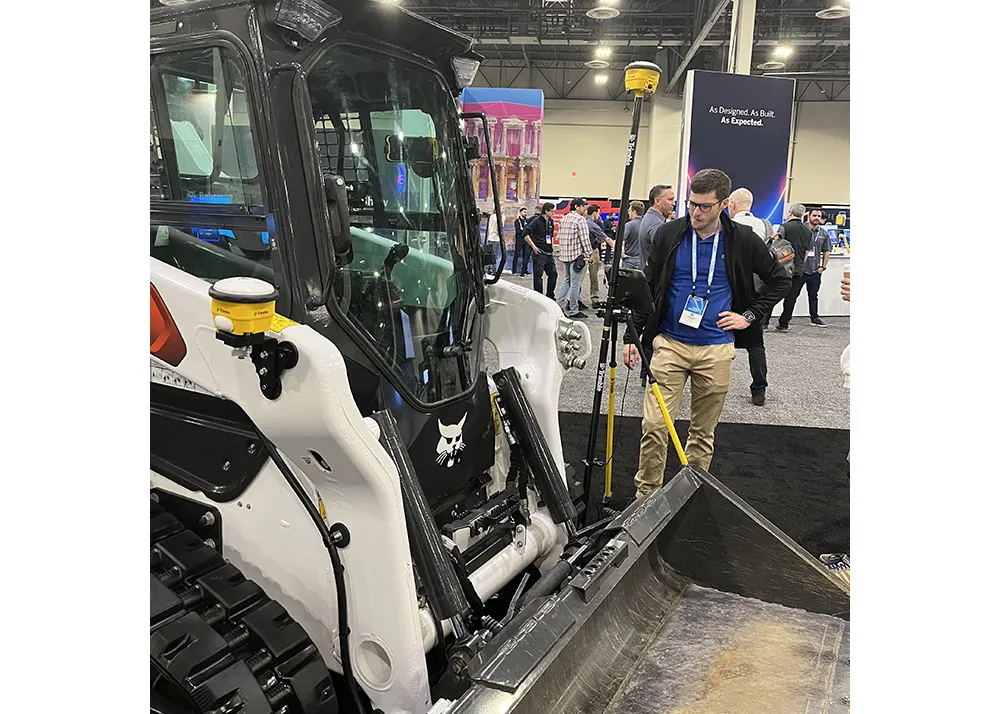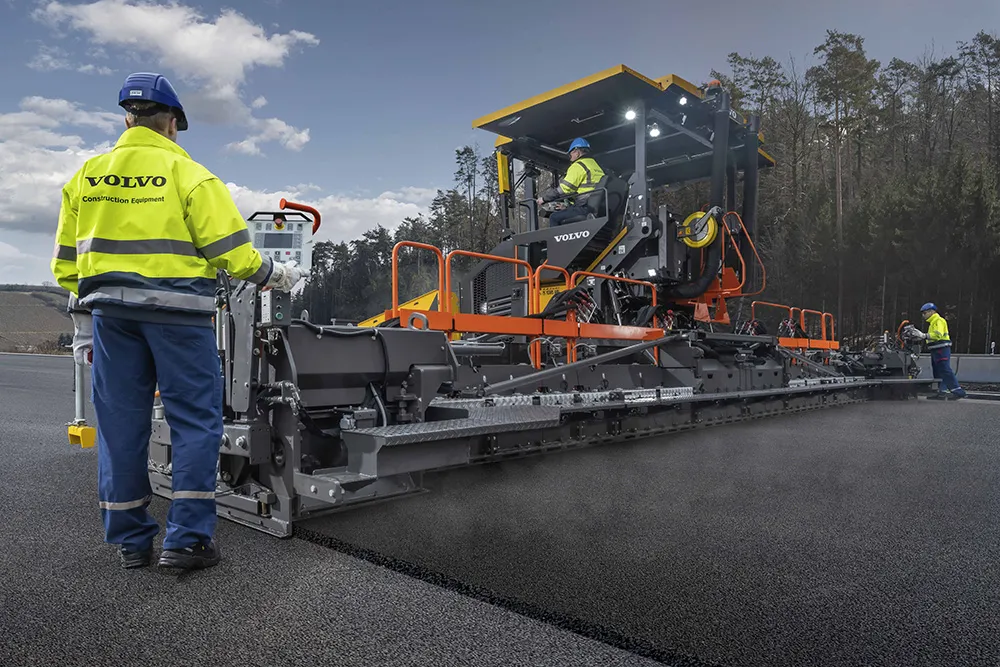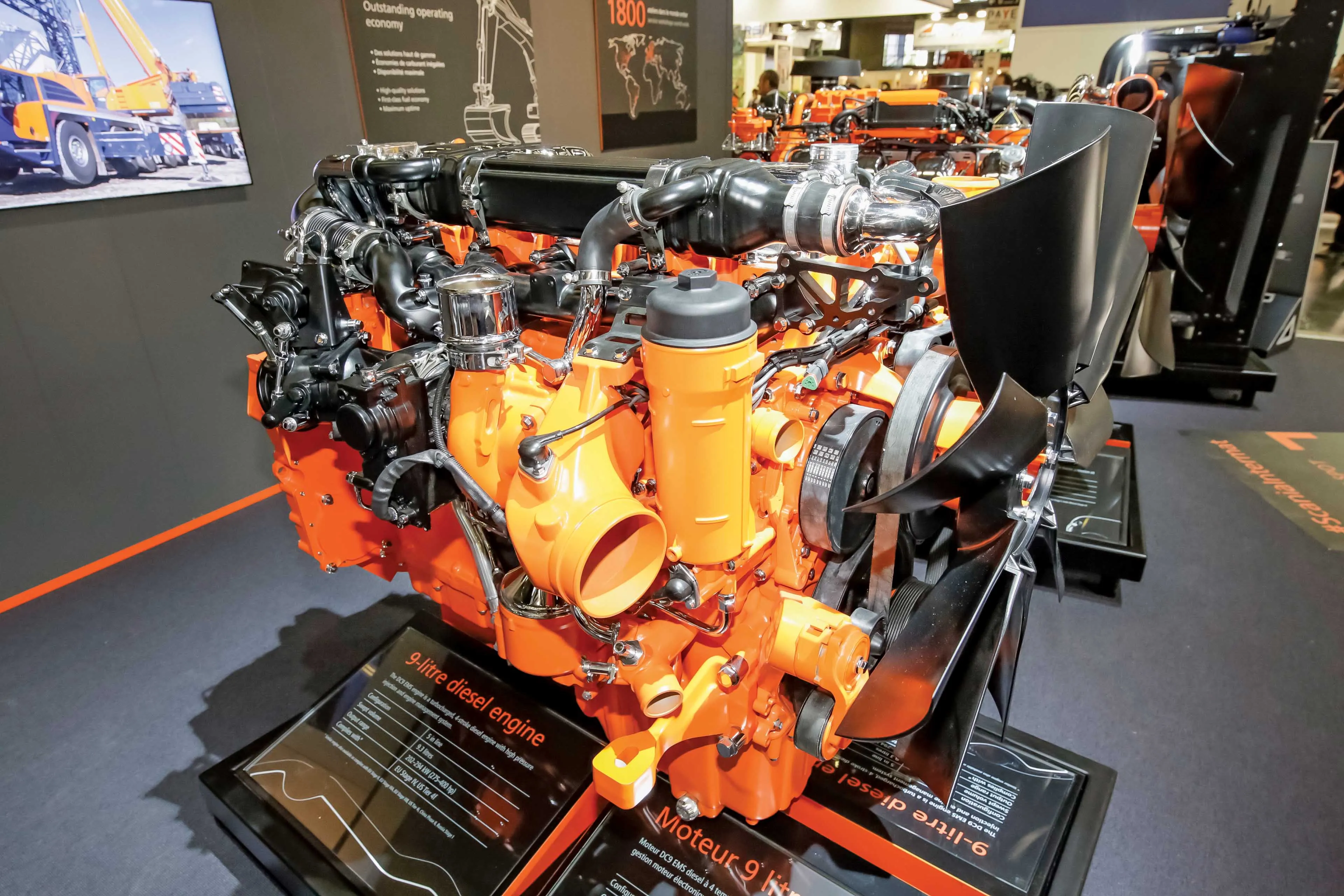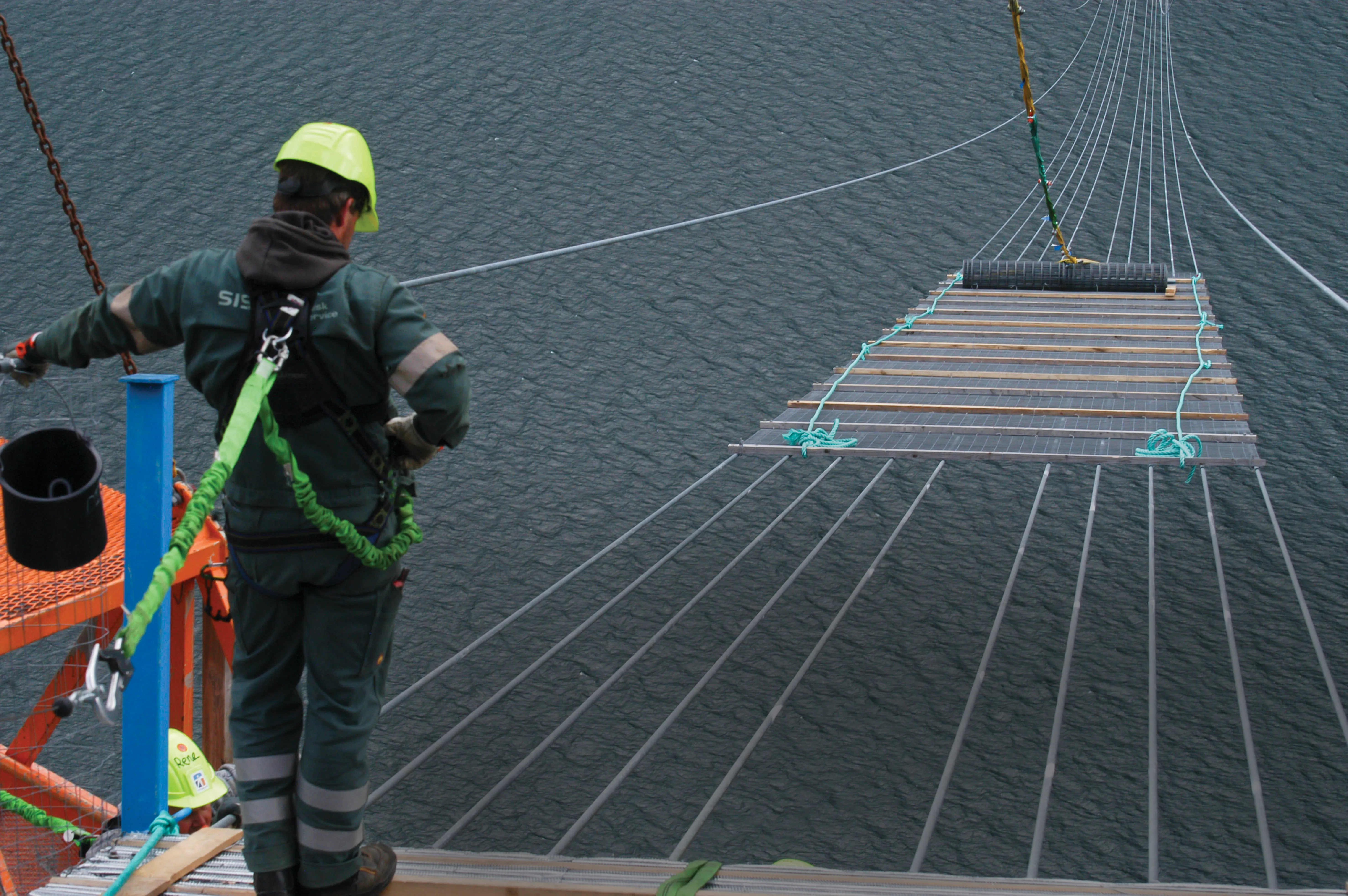Italian firm Indeco is now offering a novel compressor system that can be mounted on an excavator being used with a breaker in tunnelling operations.
April 5, 2012
Read time: 2 mins
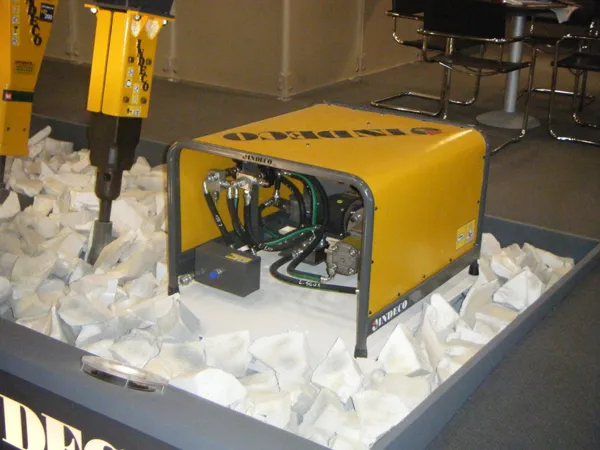
Italian firm 237 Indeco is now offering a novel compressor system that can be mounted on an excavator being used with a breaker in tunnelling operations. The compressor is designed to power water sprayers that help damp down dust that can be generated when breaking away rock from the face. Using the water spray system helps boost visibility for the excavator operator and allows for more efficient working. The water spray also prevents material build-ups from occurring on the breaker tool, which could result in additional wear, while it also eliminates the risk of contaminants from entering the hammer hydraulics and causing serious damage. In addition, this system improved the working conditions and safety levels inside the tunnel for any site personnel by eliminating the risk of inhaled particulates. The system can deliver a maximum water pressure of 150bars and delivers up to 15litres/min of water. The system features a novel spray design to ensure effective misting and maximise efficiency, and suits use with the Indeco HP5000, HP7000, HP9000 and HP12000 breakers.
The system is available as a standard feature for use on all excavators and suits tunnelling applications, as well as other duties such as quarrying or for pressurising breakers for underwater demolition. Indeco's marketing manager, Michele Vitulano explained, "Until now we were offering this on request for customers."
The system is available as a standard feature for use on all excavators and suits tunnelling applications, as well as other duties such as quarrying or for pressurising breakers for underwater demolition. Indeco's marketing manager, Michele Vitulano explained, "Until now we were offering this on request for customers."


